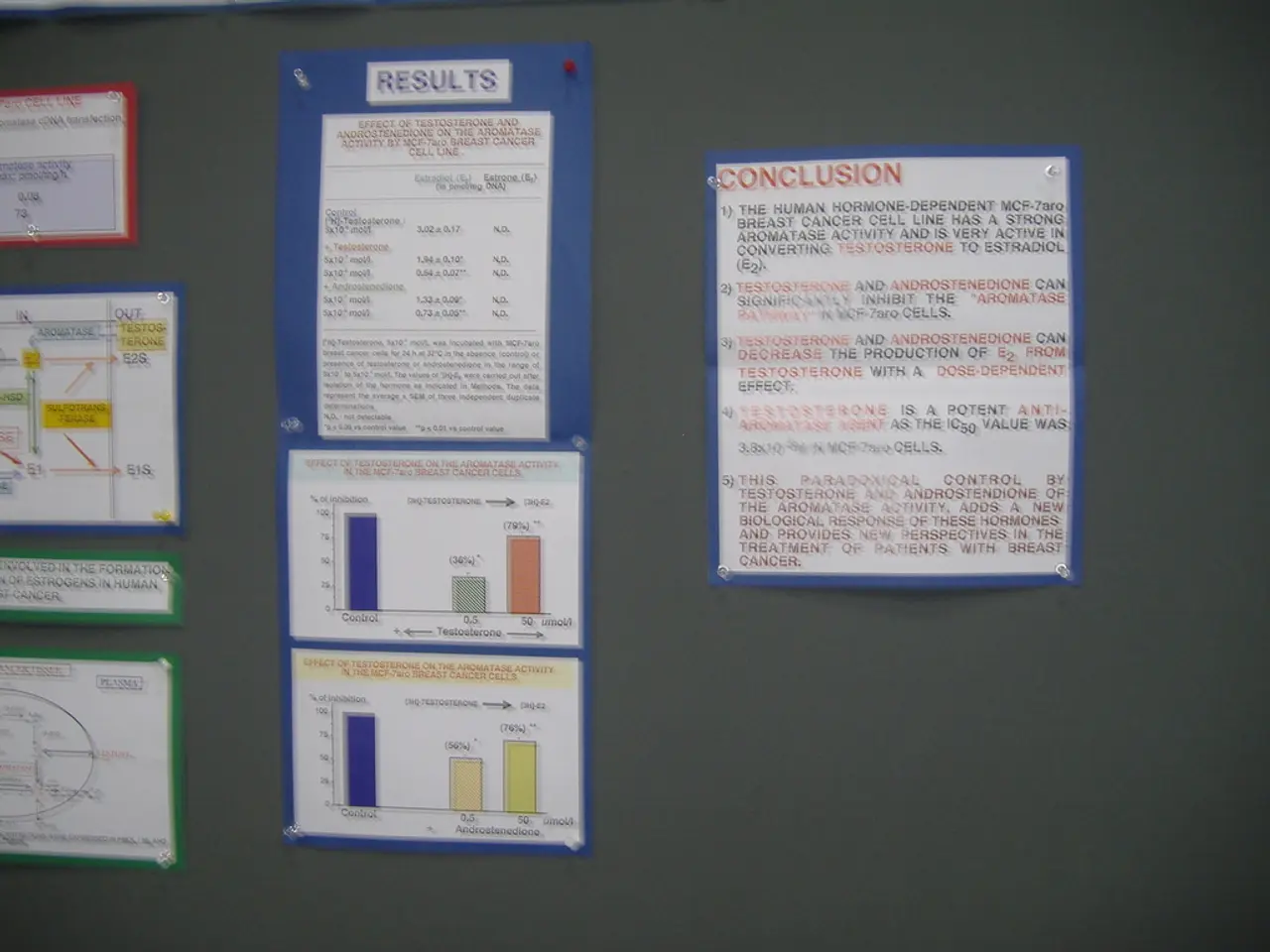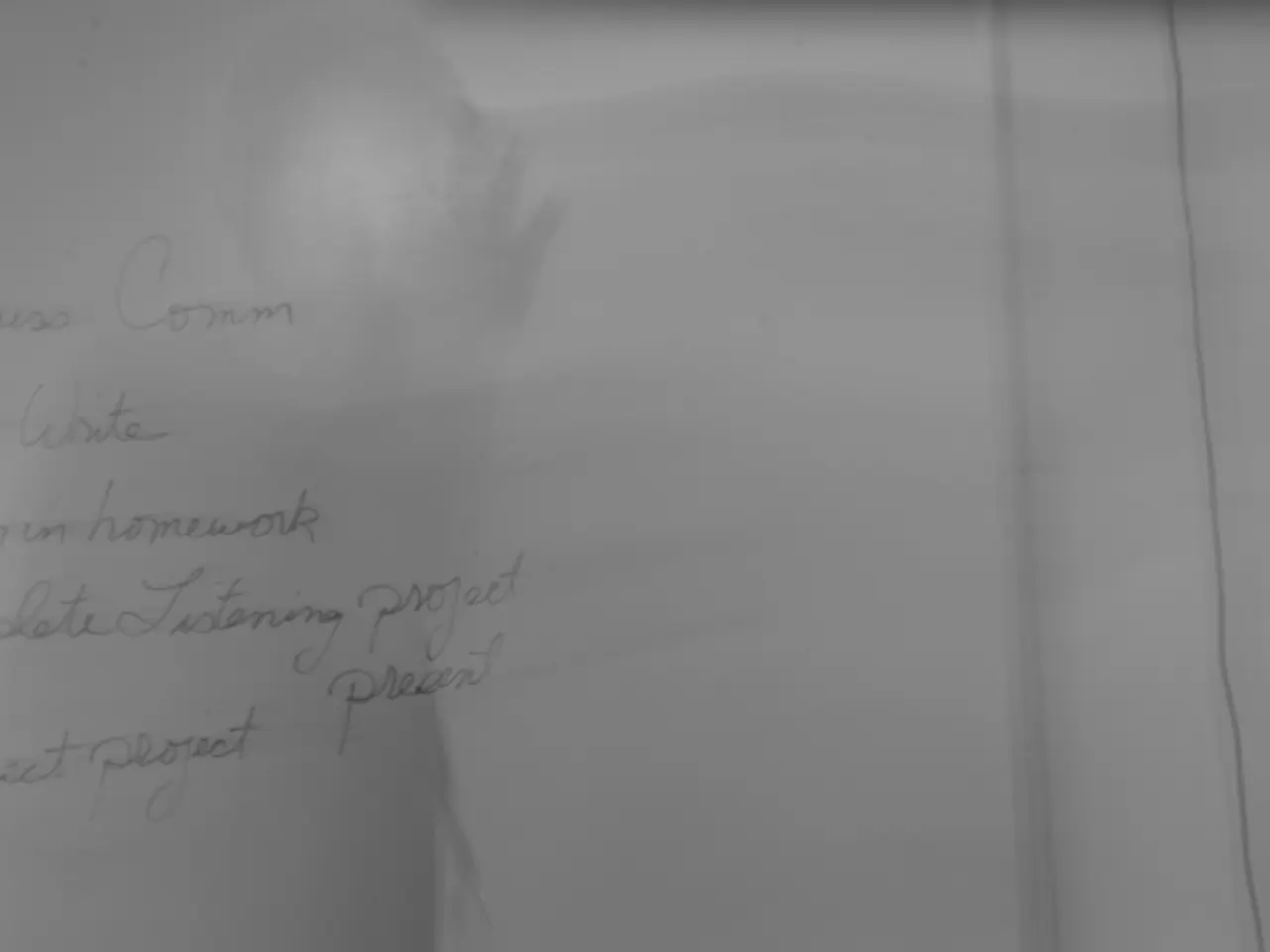Romania escapes unfavorable assessments within the European Union's excessive deficit protocol.
Romania has recently adopted a suite of fiscal consolidation measures in response to the new Excessive Deficit Procedure (EDP) recommendations from the European Commission. The measures, worth RON 10.7 billion (EUR 2.1 billion), aim to improve the general government budget balance and align with the EU’s consolidation trajectory.
## Fiscal Consolidation Package Overview
The package, approved by the Romanian government on July 4, includes several key components. Tax increases in various sectors, reductions in public spending, changes to health insurance contributions, and a gambling tax overhaul are all part of the strategy to reduce the deficit and boost public revenues.
## Context and Implementation
Romania’s public deficit reached 9.3% of GDP in 2024, exceeding the 7.9% target set in the Medium-Term Fiscal-Structural Plan (MTFSP). The European Commission’s spring forecast expects the deficit to reach 8.6% of GDP in 2025 if no corrective action is taken.
The measures were sent to Parliament for review ahead of the July 8 Ecofin meeting. The government assumed responsibility for the bill, bypassing the need for a parliamentary vote. Lawmakers could submit amendments until July 7, and a no-confidence motion could be filed within three days, though the coalition holds a strong majority.
## EU’s Response and Future Steps
The revised EDP recommendations require Romania to limit the rise in net expenditure to 2.6% (down from 5.1%) this year and to upscale reforms, particularly those improving fiscal outlook and debt sustainability. The EU recognises the package as a positive step but will monitor progress closely, with further assessments expected in autumn 2025.
The forthcoming tax reform is expected to generate additional revenue significantly above the originally envisaged 1.7% of GDP. Romania avoids a negative recommendation from the Council of the European Union, with the formalised warning to be issued in October.
## Long-Term Fiscal Objectives
The government’s 2025–2028 Ruling Programme aims to reduce the budget deficit from 9.3% to 3% of GDP by 2028 through multi-year austerity measures. The fiscal consolidation is part of a broader strategy involving a newly formed tri-party coalition government, which is prioritising compliance with EU-mandated reforms and increasing political stability.
Valdis Dombrovskis, Executive Vice-President of the European Commission, considers these measures as a positive step towards complying with the new EDP recommendation. The bill enacted from the first fiscal package will be enacted on July 10 at the earliest or after the no-confidence vote three days later, unless the government is overthrown.
The fiscal consolidation package, approved by the Romanian government, aims to reduce the deficit and boost public revenues through measures such as tax increases, public spending reductions, changes to health insurance contributions, and a gambling tax overhaul. This package is part of the broader strategy involving a newly formed tri-party coalition government, prioritizing compliance with EU-mandated reforms and increasing political stability.
The European Commission will closely monitor Romania's progress in implementing these measures, recognizing them as a positive step towards complying with the new Excessive Deficit Procedure (EDP) recommendation. The Commission's Executive Vice-President, Valdis Dombrovskis, considers these measures as crucial for Romania's fiscal outlook and EU compliance.




